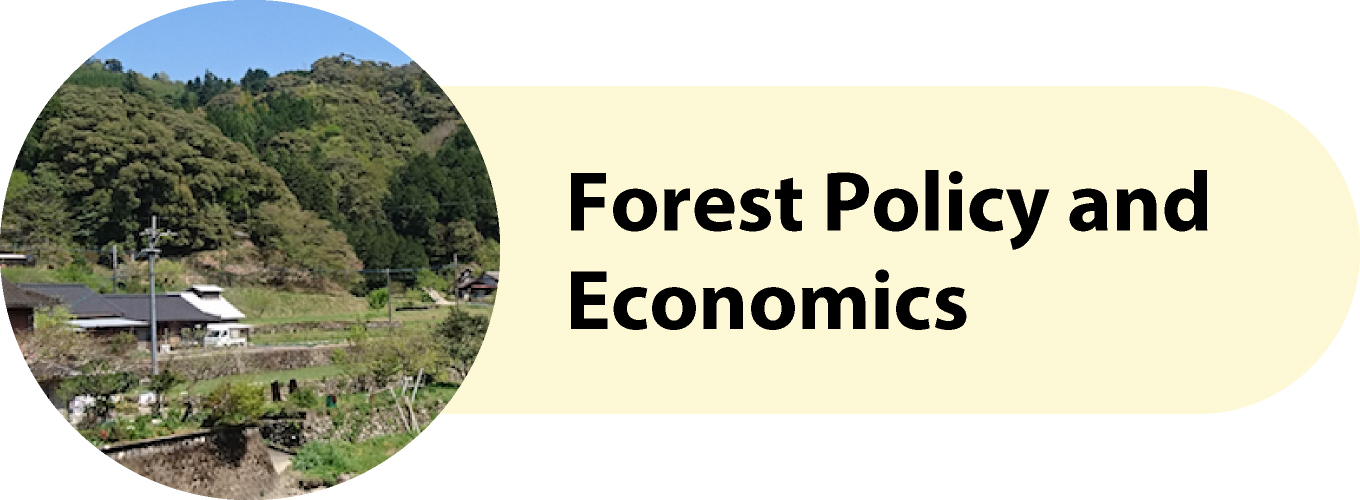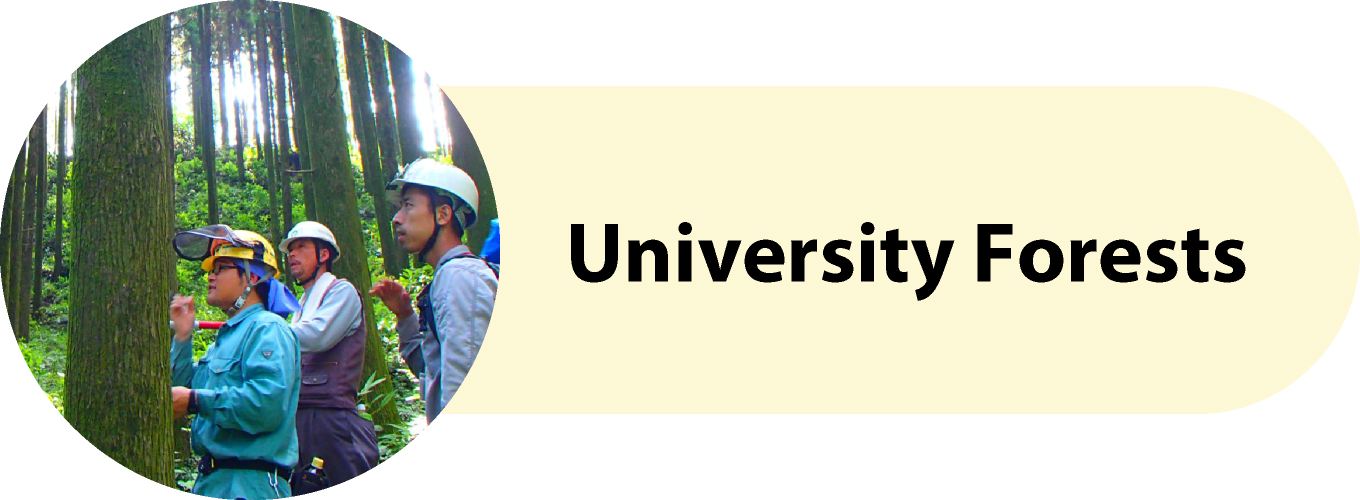Forest Science
Course Introduction
We provide education that develops students who will have deepened their understanding of the ecosystems of warm temperate to subtropical forests, and who possess the knowledge and ability to plan and manage cyclic utilization of forest resources in southern Kyushu, one of the largest wood supply bases in Japan, and for national land conservation.
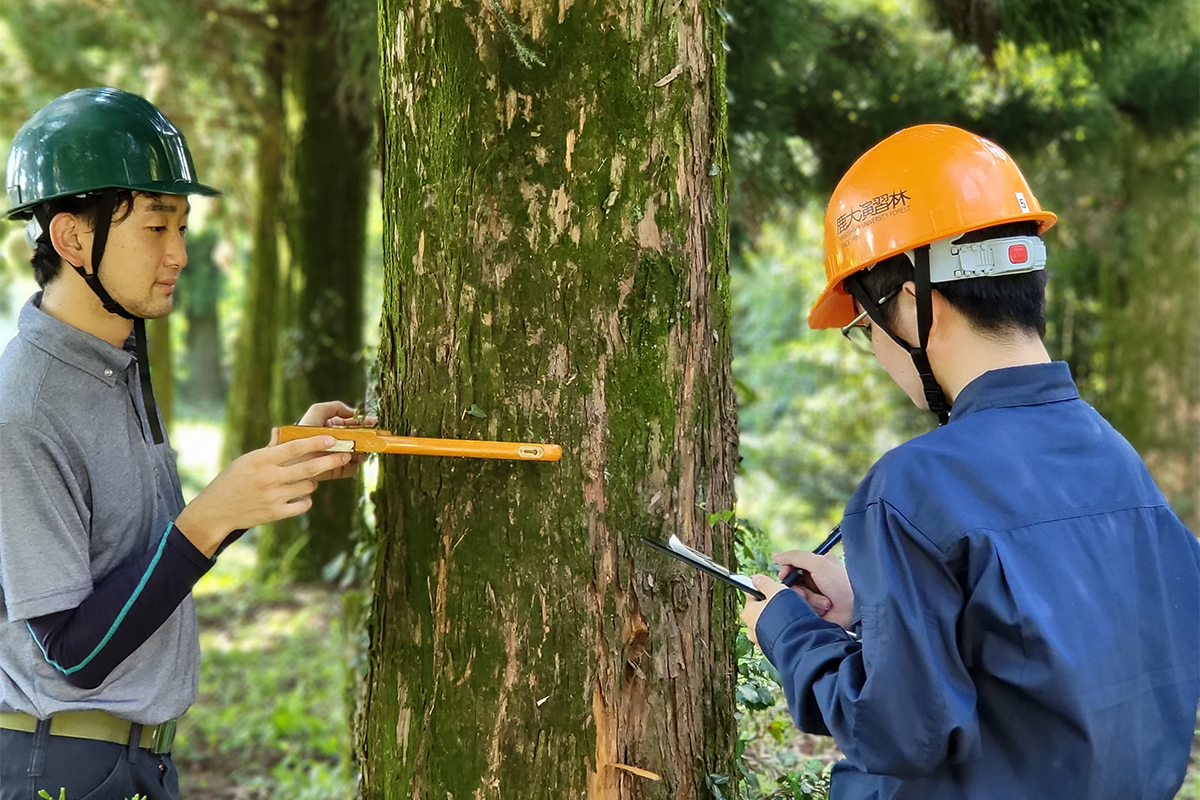

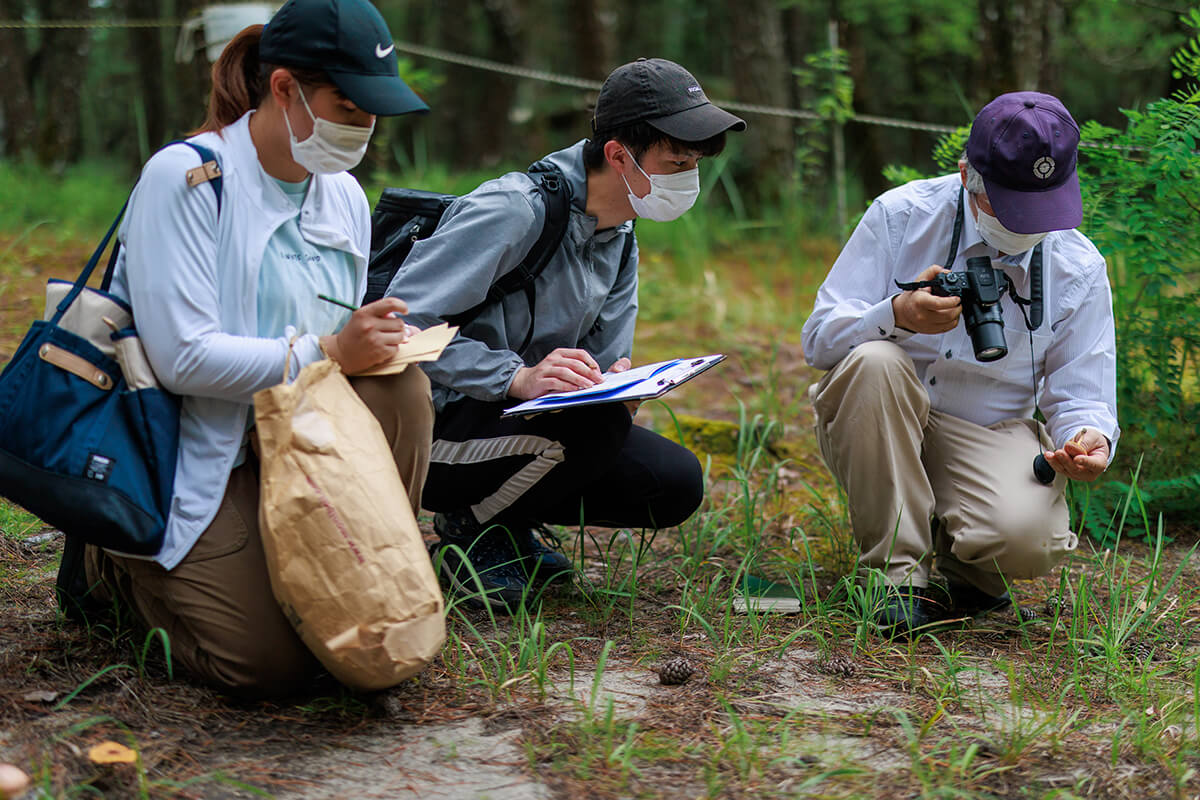
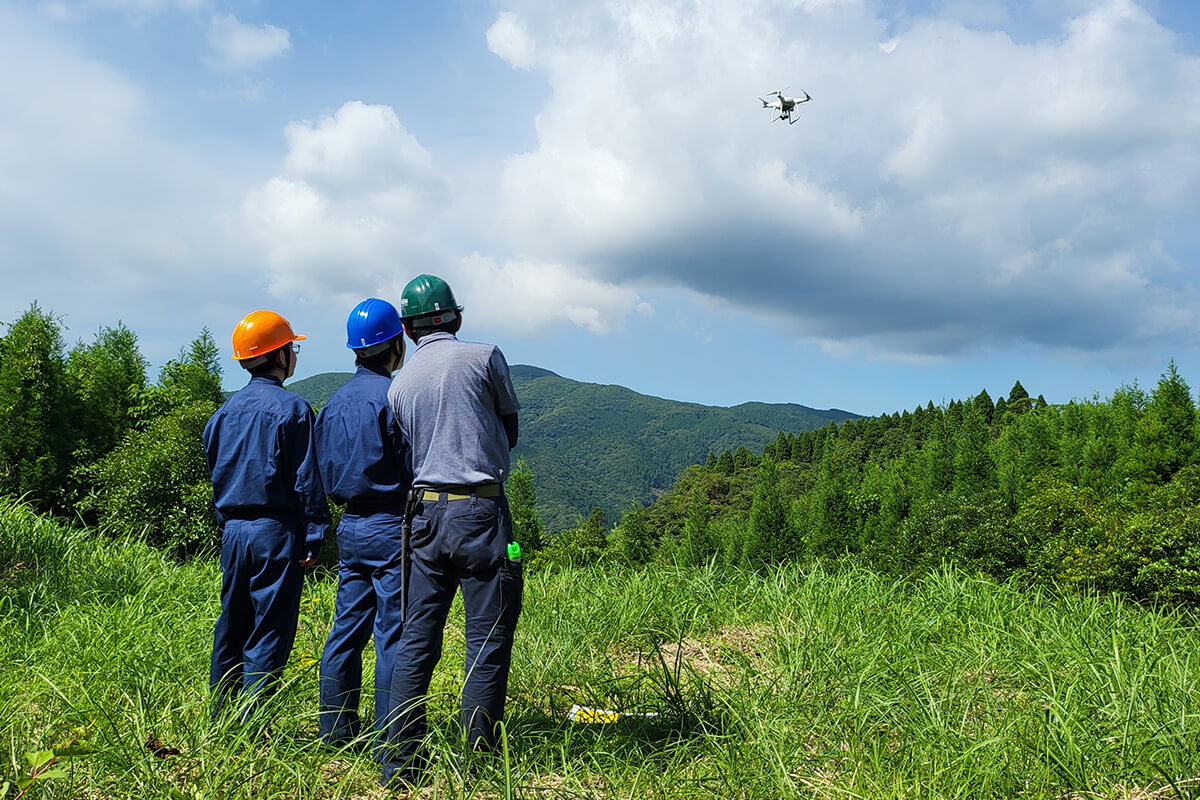
Laboratry
Educational Goals
The educational goal of the course is to develop students who will have deepened their understanding of the ecosystems of warm temperate to subtropical forests, and who possess the knowledge and ability to plan and manage cyclic utilization of forest resources in southern Kyushu, one of the largest wood supply bases in Japan, and likewise do so for national land conservation.
Policies
Diploma Policies
- A student will have met the requirements of the course for graduation if they:
- possess the ability to cope with the ongoing problems of local forest resources from the standpoint of resource cycling and a “glocal (global and local)” viewpoint.
- understand the natural factors comprising forest resources and the effects of human resource utilization, and, based on this, can cope with problems sincerely with responsibility to our society (engineering ethics).
- possess knowledge of basic mathematics, natural sciences and social sciences in order to understand and analyze forests, which have many-sided factors, and can apply the knowledge of information technology necessary for collection of knowledge and for effective analysis.
- possess the basic abilities necessary for planning and practice of research according to purposes, for analysis and discussion of collected data and for presentation and discussion in local and international society, and all this will be relevant to real forests.
- can continue carrying out necessary research studies with an understanding of their field sites, which have various problems, and possess the ability to formulate plans in order to solve such issues under the limited conditions available.
- deeply understand ecosystems, mainly those of warm temperate to subtropical forests, and possess the knowledge and ability of planning, management, development and conservation of forests and forest resources in southern Kyushu, one of the largest wood supply bases in Japan, for their sustainable and cyclic utilization.
Curriculum Policies
- In order to achieve the educational goals of the course, we allocate forest science subjects according to the following policies.
- Subjects are allocated to develop the ability to cope with ongoing problems of local forest resources, from the standpoint of resource cycling and a “glocal (global and local)” viewpoint.
- Subjects are allocated to develop the ability to understand the natural factors comprising forest resources and the effects of human resource utilization, and, based on this, to cope with problems sincerely with responsibility to our society (engineering ethics).
- Subjects are allocated to develop knowledge of basic mathematics, natural sciences and social sciences in order to understand and analyze forests, which have many-sided factors, and the ability to apply the knowledge of information technology necessary for collection of knowledge and for effective analysis
- Subjects are allocated to develop the basic abilities necessary for planning and practice of research according to purposes, for analysis and discussion of collected data, and for presentation and discussion in local and international society, using real forests as the object of study.
- Subjects are allocated to develop the ability to understand field sites, which have various problems, to continue carrying out necessary studies and to formulate plans in order to solve such issues under the limited conditions available.
- Subjects are allocated to deepen understanding of ecosystems, mainly those of warm temperate to subtropical forests, and to develop the knowledge and ability of planning, management, development and conservation of forests and forest resources in southern Kyushu, one of the largest wood supply bases in Japan, for their sustainable and cyclic utilization.



